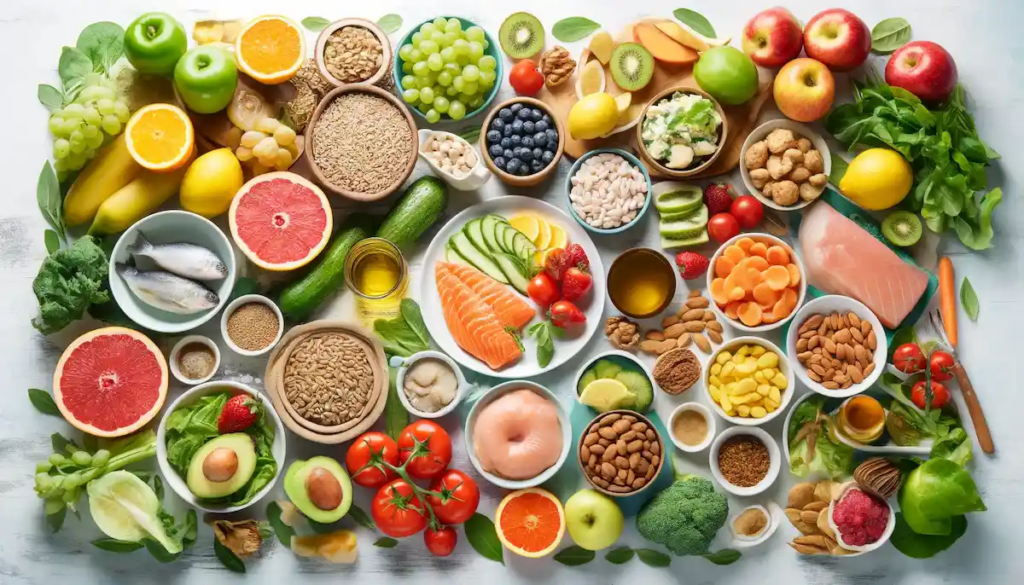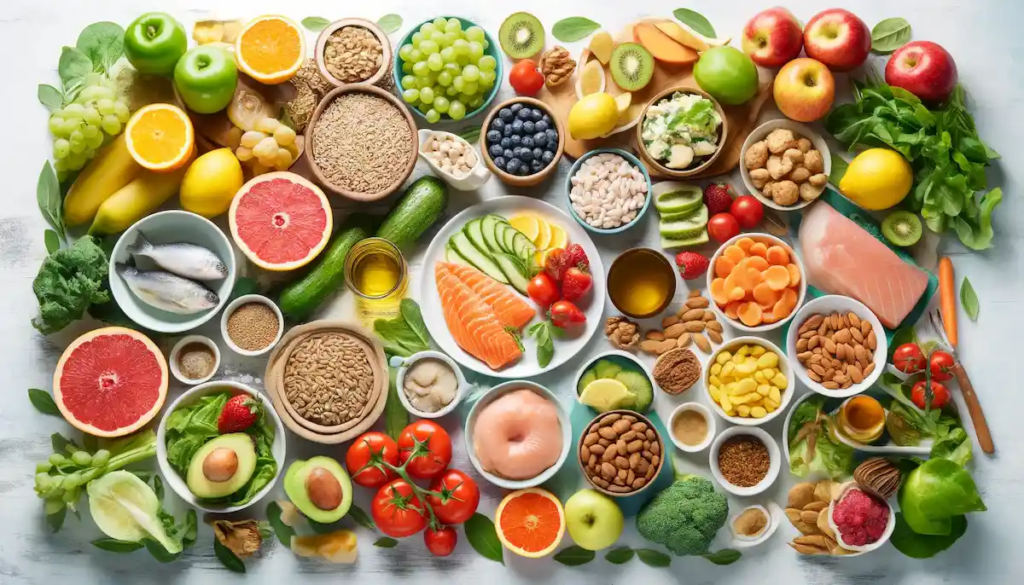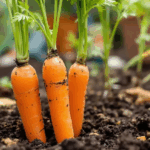The liver is a vital organ that performs several essential functions in maintaining the general health of the human body.

Introduction to Liver Health
The liver is a vital organ responsible for numerous essential functions that support the overall health of the human body. Among its primary roles are blood detoxification, bile production, and nutrient storage. Blood detoxification involves the removal of toxins and harmful substances, ensuring clean blood circulation throughout the body. Bile production is crucial for fat digestion and the absorption of fat-soluble vitamins. Additionally, the liver stores nutrients like glucose, vitamins, and minerals, releasing them as needed to maintain energy levels and general health.
However, various factors, including diet, can compromise liver health. A diet high in saturated fats, sugars, and alcohol can overburden the liver, leading to conditions such as fatty liver disease and hepatitis. Even the choice of fruits can significantly impact liver health. While many fruits are beneficial, some may be harmful when consumed in excess due to their high fructose content or other substances that can challenge liver metabolism.
Understanding how different fruits affect the liver is an essential step in maintaining its optimal function and preventing liver diseases. In this blog, we will explore which fruits may harm the liver and which are less harmful, offering valuable insights to help you maintain a balanced and healthy diet.
Fruits with High Fructose Content and Their Effects
Excessive consumption of fructose, a natural sugar found in many fruits, can negatively impact the liver. Fructose is metabolized exclusively by the liver, and high amounts can lead to overburdening the organ. This can result in a condition called fatty liver disease, where fat accumulates in liver cells, impairing its normal functions.
Some fruits with particularly high fructose levels should be consumed in moderation to protect liver health:
- Mangoes: Nutrient-rich but contain significant fructose levels that may contribute to liver strain.
- Grapes: Packed with antioxidants but high in natural sugar, making them potentially harmful in excess.
- Cherries: Their sweetness comes with a high fructose content that can burden the liver when overconsumed.
While these fruits offer various health benefits, moderation is key. Excess fructose can lead to insulin resistance, inflammation, and increased visceral fat, all of which contribute to liver disease.
For individuals concerned about liver health, opting for fruits with lower fructose content, such as strawberries and avocados, can help minimize the risk of liver overload. Balancing fruit consumption with other low-sugar options is a critical strategy for maintaining a healthy liver.
Fruits High in Minerals and Their Impacts
Fruits rich in minerals, especially potassium, can significantly affect liver function, particularly for individuals with existing liver issues. Potassium is essential for bodily functions like heartbeat regulation and fluid balance. However, for people with liver disease, the ability to process and eliminate excess potassium may be compromised.
Fruits high in potassium include:
- Bananas: Contain approximately 358 mg of potassium per 100 g, potentially problematic for those with impaired liver function.
- Melons: Offer around 267 mg of potassium per 100 g, beneficial for most but risky for individuals with liver damage.
- Avocados: A single avocado can contain up to 975 mg of potassium, requiring careful moderation in vulnerable individuals.
- Kiwi: Provides about 215 mg of potassium per medium fruit, which can add up if consumed frequently.
For people with compromised liver function, excessive potassium levels can lead to hyperkalemia, causing muscle weakness, arrhythmias, and other serious health issues. Consulting a healthcare professional or nutritionist is crucial to tailor potassium intake to individual health needs.
Fruits with High Glycemic Index
The glycemic index (GI) measures how quickly the carbohydrates in foods raise blood sugar levels. Fruits with a high GI can significantly impact liver health, particularly in individuals with insulin resistance or diabetes, which are closely linked to liver problems like non-alcoholic fatty liver disease (NAFLD).
High-GI fruits to be mindful of include:
- Watermelon: Its natural sugars and high GI can lead to spikes in blood sugar, potentially converting excess glucose into fat stored in the liver.
- Pineapple: While rich in vitamin C, its high GI can stress glucose metabolism, contributing to inflammation and liver damage over time.
Opting for low-GI fruits, such as apples, pears, and cherries, can help maintain stable blood sugar levels and reduce liver strain. These fruits are better options for individuals managing liver health or conditions like diabetes.
Liver-Friendly Fruits
Certain fruits are particularly beneficial for liver health due to their low fructose levels and high antioxidant content. These fruits include:
- Apples: Rich in pectin, a soluble fiber that aids in toxin removal from the digestive tract, reducing the liver’s workload.
- Pears: Hydrating and fiber-rich, they support digestion and stable blood sugar levels, contributing to liver health.
- Berries: Including strawberries, blueberries, and blackberries, these are packed with antioxidants that protect liver cells from damage caused by free radicals and inflammation.
Incorporating these liver-friendly fruits into your diet can provide essential nutrients while supporting overall liver function. Enjoy them as snacks, in salads, or blended into smoothies for a nutritious addition to your meals.
Tips for a Liver-Healthy Diet
Maintaining a balanced diet is crucial for promoting liver health. Here are key strategies:
- Moderation: Limit intake of fruits high in fructose and potassium, such as mangoes, grapes, and bananas, particularly if you have preexisting liver conditions.
- Variety: Include a diverse range of nutrient-rich foods like vegetables, whole grains, lean proteins, and healthy fats to support liver function.
- Hydration: Drink at least eight glasses of water daily to aid toxin elimination and maintain fluid balance. Avoid alcohol and sugary beverages.
- Cooking Methods: Opt for healthier cooking techniques like grilling, steaming, or baking to reduce saturated fat intake.
🌟 Explore natural and nutritious options for snacking, such as fresh fruits and nuts, to avoid processed foods that can burden the liver.
Conclusion
Taking proactive steps to support liver health is essential for overall well-being. By understanding how different fruits and dietary choices affect the liver, you can make informed decisions to maintain its optimal function. Whether it’s moderating fructose-rich fruits or choosing antioxidant-packed options, your dietary habits play a pivotal role in liver health.
💡 Consult a nutritionist or healthcare professional for personalized dietary recommendations tailored to your needs. A healthy liver is key to a healthy life!
Bonus: Explore These Revolutionary Health Supplements for Kidney and Liver Support
Enhance the care of your kidneys and liver with science-backed supplements designed to promote their health and functionality. These innovative products can complement your healthy lifestyle and provide targeted support for detoxification, repair, and overall well-being.
1. LiverGuard Plus
A powerful liver detox supplement packed with milk thistle, artichoke extract, and dandelion root. These ingredients help cleanse the liver, reduce inflammation, and support regenerative processes.
Boost your liver’s detox capacity with LiverGuard Plus!
2. The Kidney Stone Removal Report!
This advanced formula contains cranberry extract, astragalus, and magnesium to promote kidney health, prevent urinary tract infections, and support optimal filtration.
Protect your kidneys with the potent benefits of KidneyShield Formula.

Dr. Sarah Miller is widely recognized as an influential leader in the healthcare field, with a career marked by excellence, innovation, and dedication to improving human well-being. Combining exceptional academic knowledge, clinical experience, and a deep commitment to research, she has become a reference in her specialty.







